


Many patients with TMJ disorders find themselves visiting multiple specialists in search of pain relief, often resulting in fragmented treatment plans that fail to deliver lasting results.
A coordinated, personalized approach is essential for achieving effective and long-term outcomes.
Because every TMJ case is unique, treatment must be carefully customized to address the specific causes and individual symptoms of each patient.
At Orofacial Pain Associates, we are dedicated to creating finely tailored treatment plans designed to:
Following a comprehensive evaluation and diagnosis, Dr. Kanti develops a personalized treatment plan.
Treatment options may vary depending on the patient’s unique condition, needs, and goals—ensuring a truly individualized path to recovery.
At Orofacial Pain Associates, we offer a range of non-surgical, evidence-based therapies designed to relieve pain, restore jaw function, and improve overall quality of life. Each treatment plan is customized to meet the specific needs of the individual patient.
Custom-made orthotic appliances (also known as splints) are highly effective in managing:
These appliances help relieve pressure and reduce strain on the joints and muscles.
They are also essential in addressing nighttime teeth grinding (bruxism) — a very common cause of TMD that can worsen symptoms if left untreated.
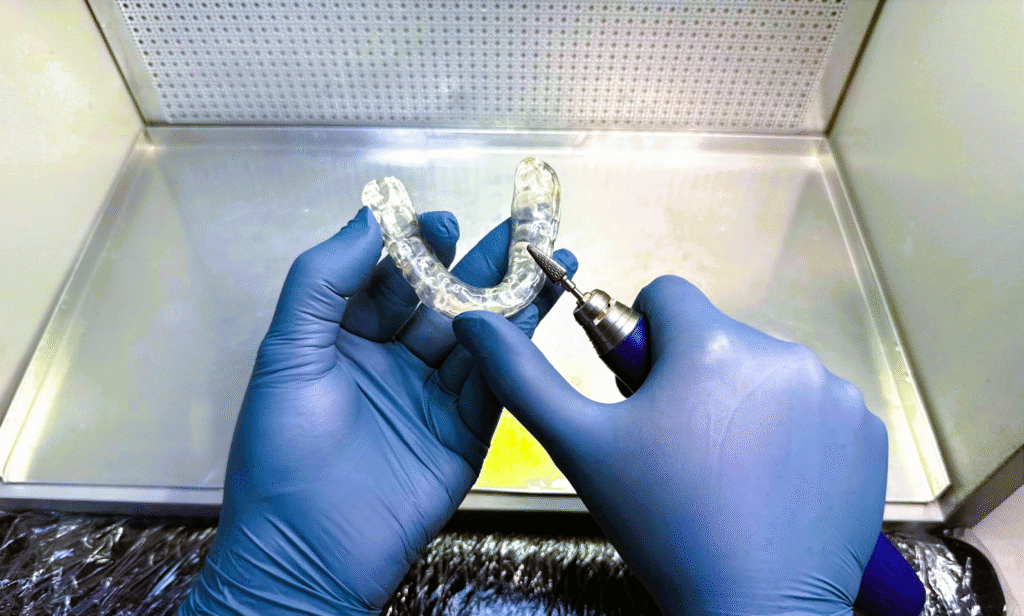

Patients are taught specific jaw exercises designed to:
We also introduce behavior modification techniques to raise awareness of clenching habits and encourage maintaining a relaxed jaw posture throughout the day.
Depending on the diagnosis, medication therapy may be recommended as a supportive treatment.
This can include:
These medications can help manage pain and reduce muscle tension, providing additional relief during recovery.
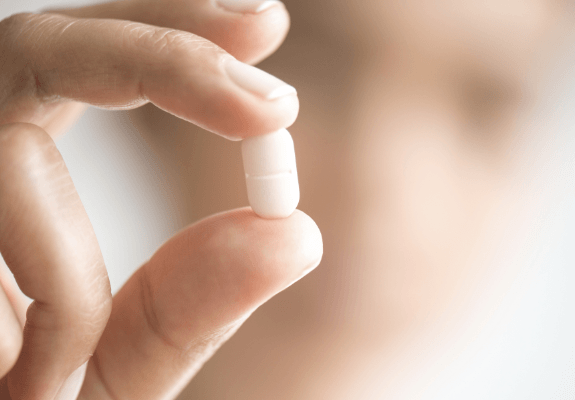

Stress, anxiety, and depression often play a significant role in the development and persistence of TMD.
We address these factors through:
By treating both the physical and emotional contributors to TMD, we support more complete and lasting recovery.
Various injection therapies are used in the management of TMD, including joint injections, trigger point injections, and Botox therapy.
These treatments help reduce inflammation in the joints and muscles, leading to rapid symptom relief and significant improvement in jaw function and overall comfort.
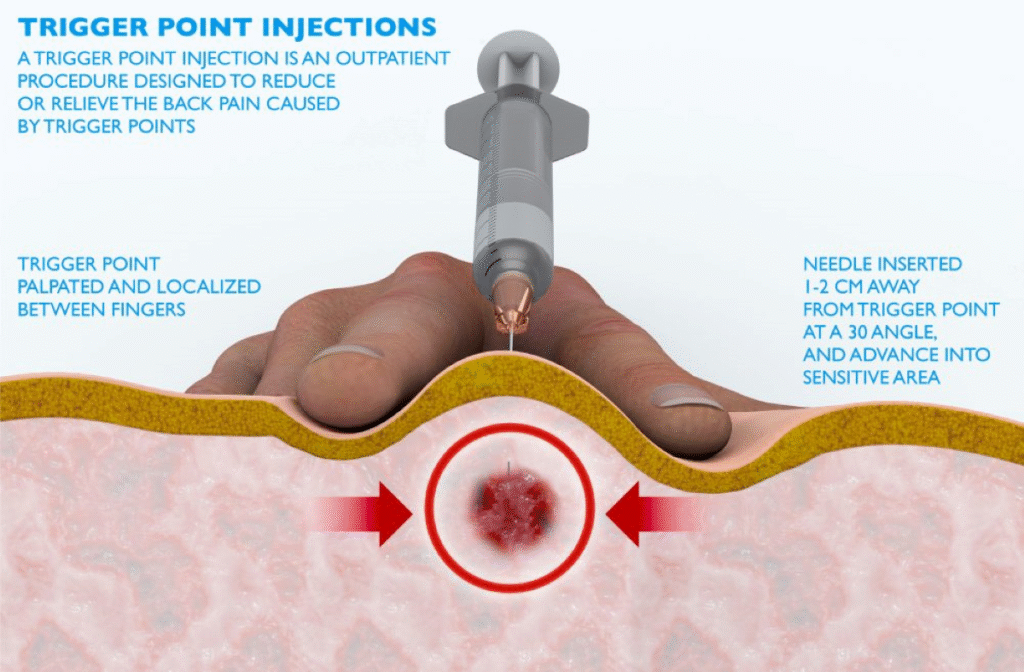
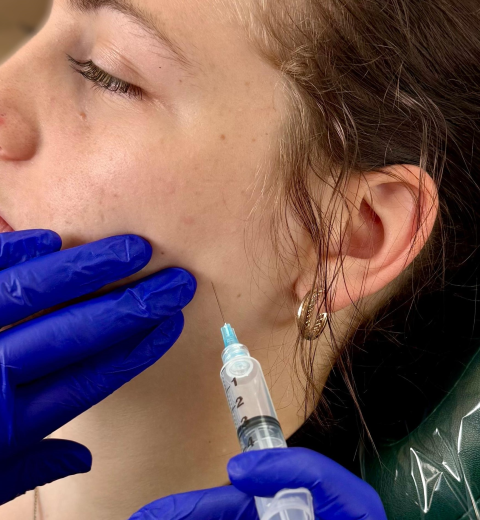
Trigger point injections involve the precise injection of a local anesthetic, sometimes combined with a steroid, directly into painful muscle “knots” known as trigger points, typically located in the face, neck, or shoulders.
Key benefits include :
Botulinum Toxin A (Botox) is an effective option for patients with severe muscular pain or hyperactivity of the jaw muscles.
Injected directly into overactive muscles, Botox:
Maintenance injections are typically needed every 10–12 weeks for continued relief.
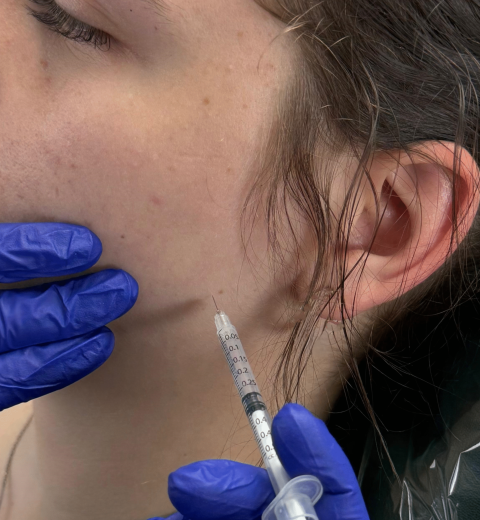

Sometimes optimal TMD management requires a team-based approach involving:
At Orofacial Pain Associates, we collaborate closely with other healthcare providers to ensure seamless, coordinated care — whether we are your first consultation or your fiftieth.
We believe empowering our patients is key to long-term success.Through comprehensive education, we help you
This ensures you can continue to make progress even outside the office!
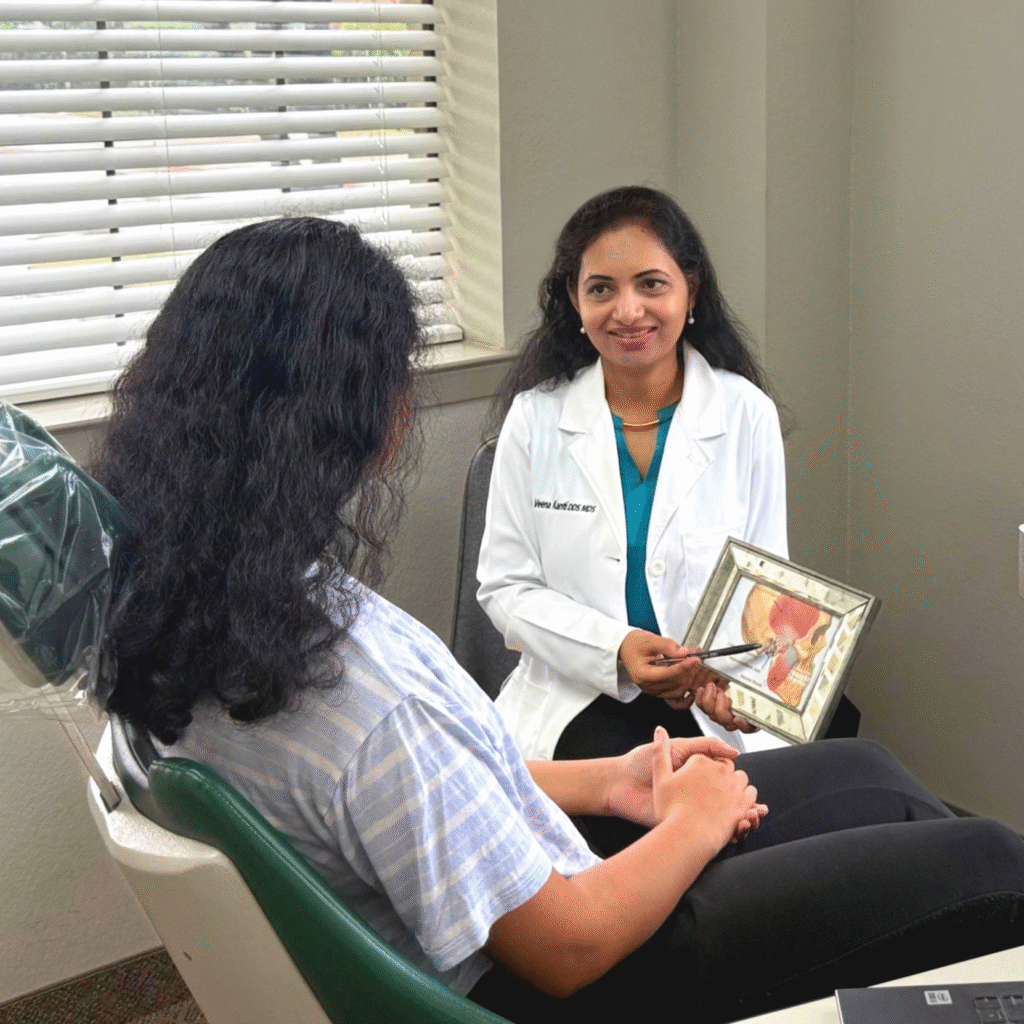
We at Orofacial Pain Associates, specialize in challenging TMJ and TMD cases, including those that are hard to diagnose. As a leading provider of TMJ diagnosis and treatment, our team of esteemed doctors is dedicated to addressing a wide range of head pain causes, including TMJ and TMD.